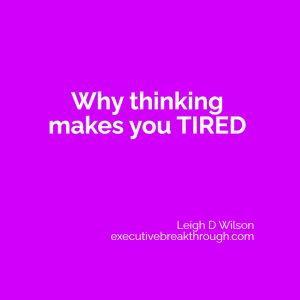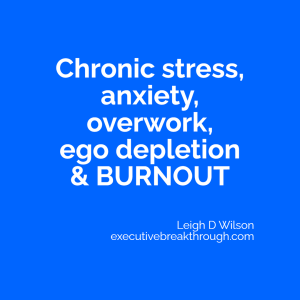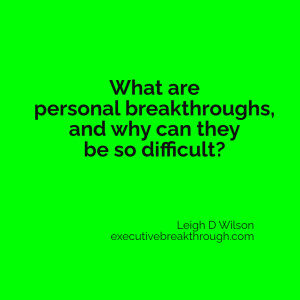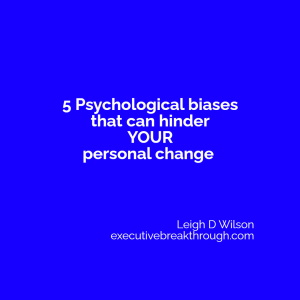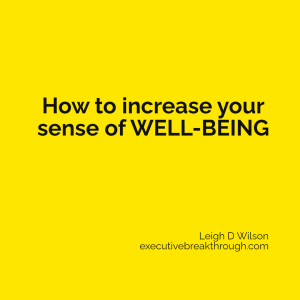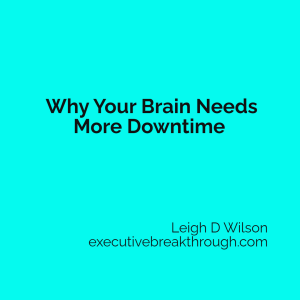Are you feeling overwhelmed by a task that you keep putting off? You’re not alone. Procrastination is something that most people experience from time to time. Despite knowing that it is harmful and makes us feel bad, we still find ourselves avoiding a task that we said we would do, for no apparent reason.
But what is procrastination and why do we do it even when it feels bad?
Procrastination involves avoiding a task that we know will bring negative consequences. When faced with a task that we feel that we MUST do, our brain responds as if it’s facing a threat.
The amygdala, a set of neurons responsible for emotional processing and threat identification, releases hormones like adrenaline, causing a fear response, something like the ‘freeze response in the normal ‘fight, freeze or flight’ reaction that we all have to a perceived threat.
This stress can overpower the impulses from the prefrontal cortex, which help us regulate our emotions and think long-term. As a result, we choose to handle the threat by avoiding it and doing something less stressful instead.
We are most likely to procrastinate tasks that evoke negative feelings like anxiety, stress, overwhelm, dread, insecurity, and incompetence. For example, studies have shown that university students are more likely to procrastinate tasks they perceive as stressful or challenging. And, of course, the longer we procrastinate, the more difficult the task seems.
Some people are more susceptible to procrastination because of their difficulty in regulating emotions and low self-esteem.
It’s not that all procrastinators are lazy. In fact, many procrastinators care too much and are afraid that their work won’t live up to their own high standards.
Procrastination can have serious consequences, including anxiety, depression, shame, high stress levels, and physical ailments associated with stress. And it can also cause you to miss important deadlines, which can have life-changing consequences.
Despite these negative effects, procrastination temporarily reduces our stress level, reinforcing it as a coping mechanism for dealing with stressful tasks, so, the more we do it, the more likely we are to procrastinate again in the future.
To break the cycle of procrastination, it’s best to reduce the negative emotions associated with the task. This can be done by breaking the task into smaller elements that can be more easily and quickly achieved so that you get some runs on the boards early, which will motivate you to continue, journaling about the source of stress, and removing distractions.
Then cultivate self-compassion, forgive ourselves, and make a plan for doing better in the future.
A culture that perpetuates the cycle of stress and procrastination can be emotionally expensive, making life more difficult and challenging for us in the long run.
If you are having problems with procrastination and would like some help, let’s have a chat and I’ll explain how I might be able to help you.
#procrastination #stress #overwhelm #anxiety #selfconfidence #burnout


